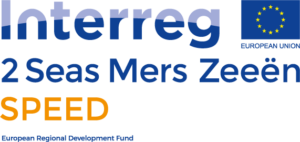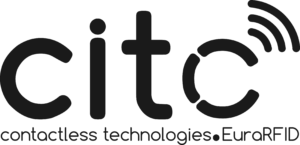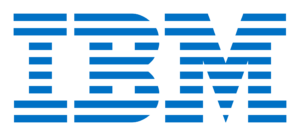The Interreg SPEED project is aimed at bridging the gap between the Data Science & IoT market and the Western-European Port market. The project’s research team is currently working on a diagnostic toolkit for supporting high-tech smart port focused entrepreneurs in their professionalization track. To gain relevant practical knowledge to complement the academic research for the toolkit, we connected to some entrepreneur- and growth experts in the high-tech field. The goal was to understand the main difficulties of tech-based entrepreneurs that have passed the start-up phase and might be preparing for the growth of their company.
Khélifa Bousbaci is an “ex-entrepreneur” within the high-tech field and currently manages industry 4.0 and digital transformation projects at IBM. We met Khélifa through one of our project partners, CITC, with the intention of acquiring expert insight into tech-based entrepreneurship in France.
Ask for advice through startup support programs
Khélifa shed some light on the biggest and most common struggles for starting tech-based entrepreneurs in France. When compared to other Western-European countries, they were mostly similar. Obtaining the funds necessary to put up a viable business is challenging and depends mostly – but not only – on the advice you are able to acquire, as well as on your network. Khélifa explains that in France, there are a significant number of start-up support programs and entrepreneurs know about them. It is also highly encouraged to enter such a program throughout the start-up process. This push toward asking for advice often enables many of the high-tech entrepreneurs to overcome some to most of the initial difficulties and get started.
Understand individual needs of growing startups
When it comes to professionalizing the initial startup, however, obstacles become somewhat larger. Some of the previous difficulties remain, such as attracting the right funding necessary for possible growth, but also support for professionalization and advice is less within reach. For instance, financial and time investments that go into these more specific growth-programs or professional advisories, are larger than in the previous phase. Furthermore, due to the individual differences between growing start-ups, the guidance needed at this point is more particular in nature. Decision-making thus becomes more all-encompassing and an understanding of the individual needs of the business is crucial.
We would like to thank Khélifa for taking the time to converse with us for the benefit of future tech-based companies and research purposes.
For further information on the Interreg SPEED diagnostic and improvement toolkit, please contact Morane Atzmon (morane.atzmon@uantwerpen.be) or Johanna Vanderstraeten (johanna.vanderstraeten@uantwerpen.be).
To find out more on Khélifa, please visit their LinkedIn.
To find out more about CITC, please visit our partner page.
This research project was carried out by Johanna Vanderstraeten, Sascha Albers, Rudy Martens and Morane Atzmon.
Johanna Vanderstraeten is assistant professor of (international) entrepreneurship, Sascha Albers is professor of international management, Rudy Martens is full professor of general and strategic management, and Morane Atzmon is Ph.D. candidate at the Faculty of Business and Economics of the University of Antwerp.
This research was supported by Startups.be and benefited from the funding of Interreg 2 Seas.
Header image Source: http://www.aseanengineering.net/aej/






